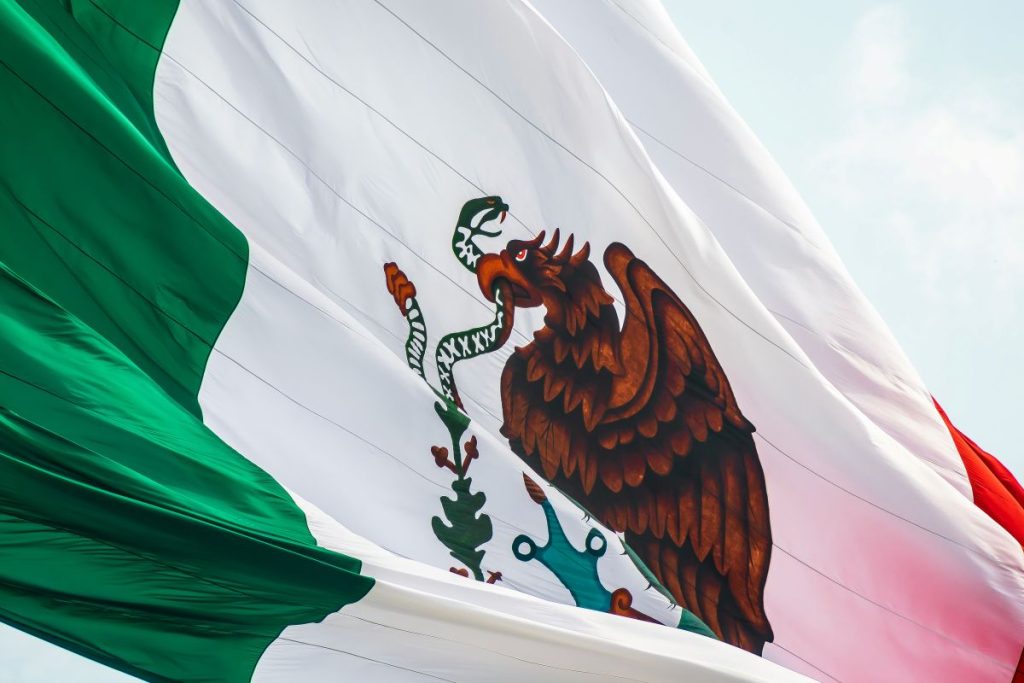The United States has agreed to delay the implementation of tariffs on Mexican imports by one month, a move that comes as both countries engage in discussions aimed at resolving key trade and security issues. Mexican President Claudia Sheinbaum confirmed the delay on Monday, noting that the U.S. and Mexico would collaborate on tackling issues such as drug and weapons trafficking in the coming weeks.
A Month of Negotiations and Joint Efforts
In a series of talks with U.S. President Donald Trump, both leaders agreed to pause the enforcement of 25% tariffs, which were originally set to take effect on February 4. As part of the negotiation, Mexico has pledged to deploy 10,000 troops to the U.S.-Mexico border to assist in combating drug trafficking, while the U.S. has committed to preventing the flow of high-powered weapons into Mexico.
President Sheinbaum emphasized that both nations would focus on two main areas over the next month: security and trade. The goal is to reach a more comprehensive agreement that balances economic and safety concerns while addressing the trade imbalance between the two countries.
Mexico’s Preparedness and Strategic Response
Mexico has been anticipating the potential tariffs for months, with the government taking proactive measures to strengthen its coordination with the U.S. on key issues such as migration and organized crime. President Sheinbaum mentioned that Mexican officials had long worked to convince U.S. leaders to view the two countries as complementary trade partners rather than competitors.
In response to the tariff threat, Sheinbaum directed Mexico’s Economy Secretary Marcelo Ebrard to implement “Plan B,” which involves both tariff and non-tariff measures to mitigate the potential impact of the duties. This shows a level of strategic foresight, with Mexico preparing for different scenarios should the tariff situation escalate.
“We must work together in an integrated way,” Sheinbaum remarked, emphasizing the importance of collaboration and respect for sovereignty. Her comments reflect a firm stance on maintaining Mexico’s autonomy while offering to coordinate with the U.S. to tackle shared challenges.
The Impact on Trade Relations and the Broader Context
While the tariff delay is a win for Mexico, the U.S. is proceeding with new duties on imports from Canada and China, with retaliatory tariffs already being imposed by Canada on $155 billion worth of U.S. goods. This adds another layer of complexity to the evolving trade landscape in North America.
For senior business leaders, these developments underscore the need for agility and preparedness in navigating global trade uncertainty. The delay in tariffs presents an opportunity for both nations to resolve their differences through negotiation, but businesses in Mexico and the U.S. must brace for potential disruptions should talks fail.
Navigating the Evolving Landscape of Global Trade
This diplomatic negotiation, while focused on trade imbalances and drug trafficking, reflects a broader challenge facing global supply chains today—the need for adaptability. As governments assert more control over cross-border trade relations, companies must continuously reassess their risk strategies, considering both the short- and long-term impact of tariff uncertainty.
The delay in tariffs is a temporary reprieve, but it highlights the critical importance of collaboration and open communication between trading partners. Senior business leaders must focus on fostering strong relationships with both government bodies and suppliers to ensure resilience in the face of potential trade shifts. As the global economic environment becomes increasingly complex, the companies that will thrive are those that remain flexible and prepared to pivot as political dynamics change.



